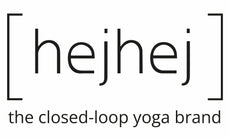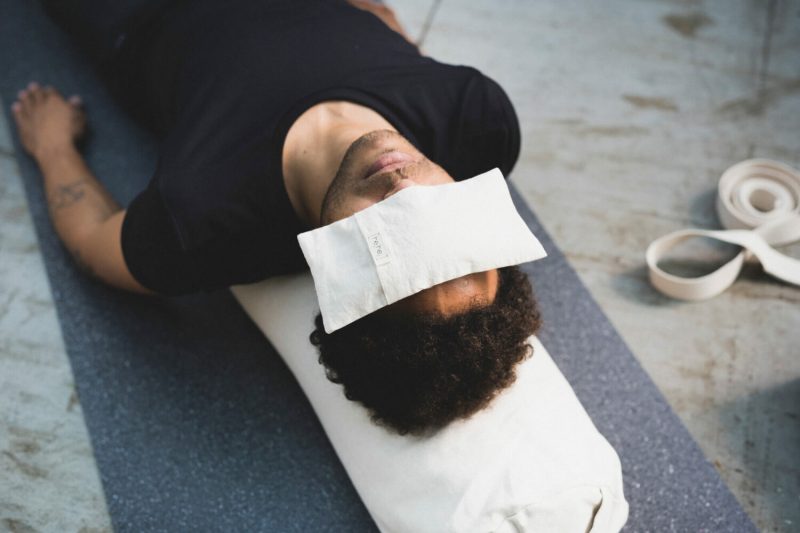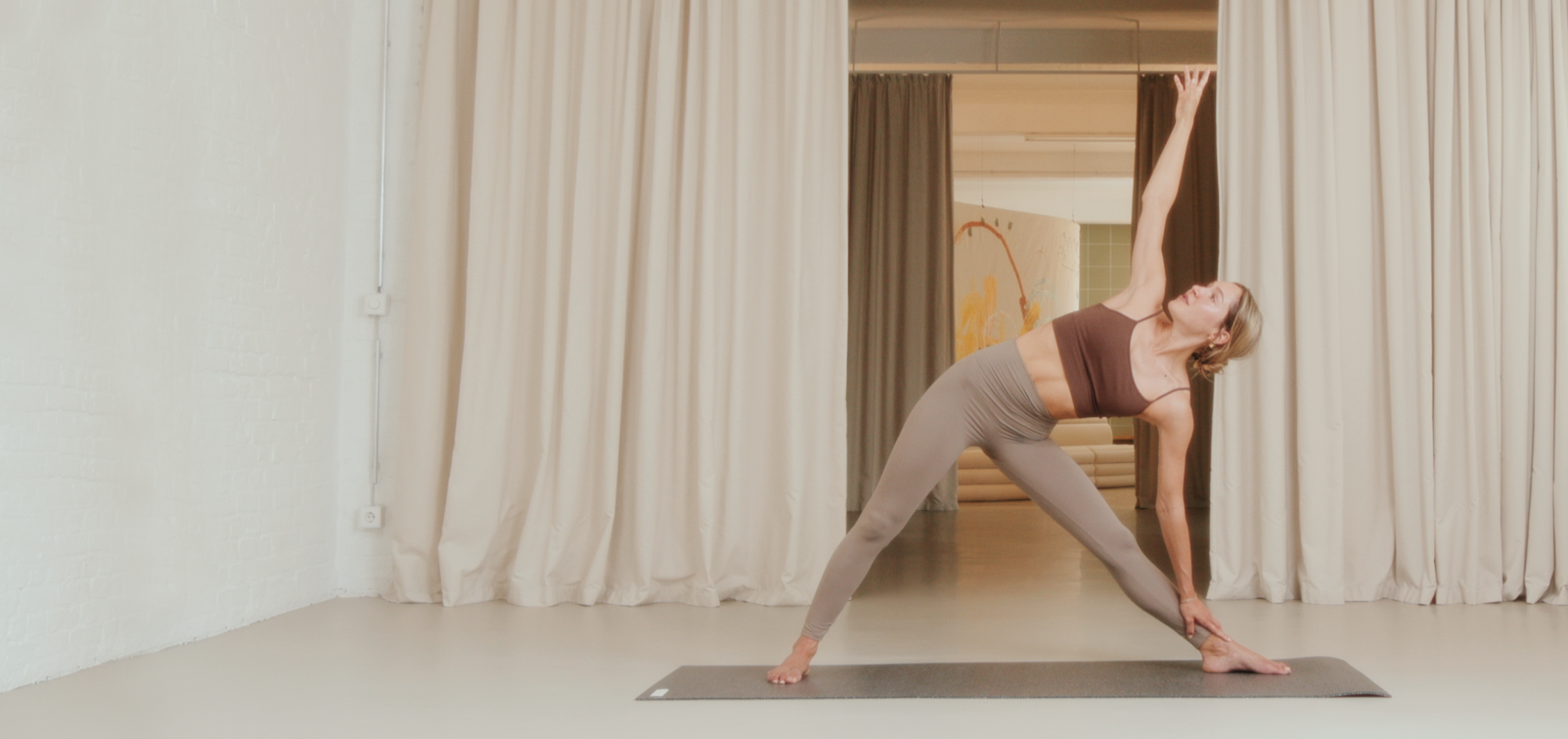********UPDATE from 26.11.21********
We wrote our first statement on our cooperation with workplaces for people with disabilities on the 15th of March 2021. Recently there has been increased criticism, primarily of the workshops but also of companies/start-ups that work with the workplaces. We have hardly received any critical enquiries ourselves, but we have followed the debate and the criticism. This led us to take a closer look at the issue and to reflect on our previous attitude.
We have done this in the last few months, especially by entering into direct discourse with actors in the system, including workplaces, and by informing ourselves on various websites (the links can be found at the bottom of the article). As a result, we have learned a lot again. We would like to share our current findings with you and have added the updates in colour to the appropriate places in this article, below you will find a detailed information document. We would like to point out that these are our personal findings, especially from conversations, we cannot guarantee freedom from error.
In workplaces for people with disabilities, people who are otherwise not seen in society are working. hejhej cares and wants to stand up for these people.
We have been working with workplaces for people with disabilities since the beginning of our start-up. There is a lot of criticism of such workplaces and we are very much aware of this. This topic is very complex and large, a blog article cannot do it justice. Nevertheless, it is very important to us that we transparently disclose our opinion to you and especially share with you why we decided to work with workplaces for people with disabilities. So this is not a blog article as usual but a statement from us. This statement is based on our own opinions, experiences, and ways of thinking.
As already briefly said, we are very clearly aware of the criticisms made about workplaces for people with disabilities and it is also very important for us to communicate this to you. We share many of the criticisms and have nevertheless decided to work with workplaces for people with disabilities. We would like to explain to you how we came to our decision.
For all of you who have not yet heard of the criticism of workplaces for people with disabilities, we would like to briefly sum up the two main points of criticism, or two biggest points we see:
- People with disabilities get paid low wages for their work. *UPDATE*: We still agree with this. The pay for people with disabilities in workplaces is poor, this must change. People with disabilities are welfare recipients. No matter what service is provided, each employee receives a monthly payment of 150-200€ for their work in the workplace – this money comes directly from the workshop. In addition, the employees receive basic income support and various social benefits, such as housing benefits. Through the various payment offices, they then come to an average of approx. 1200€ net per month. The many different disbursement offices make the process very confusing and bureaucratic.
- Too little inclusion, since people in these workplaces, are mainly working with other people with disabilities.
These are two points of criticism and there are of course more. In our statement, we would like to address these two points and express our personal thoughts on them.
So why did we decide to cooperate with workplaces for people with disabilities?
At the very beginning of our start-up, we asked ourselves whether we would like to work with such workplaces or not. Of course, it would be best to directly employ people with disabilities and thus create real inclusion. Unfortunately, that was and is not possible for us as a young start-up. We started as a pair of two and are now still a very small team of five women who work remotely on hejhej all over Germany. Therefore, direct employment was and is currently out of the question for us.
However, it certainly is our goal. We hope that hejhej continues to grow until we have the resources and possibilities to directly employ people with disabilities. Unfortunately, it wasn’t possible at the beginning, so we had to ask ourselves whether we want to work with regular companies in the sewing sector or with large shipping and logistics centers in the packaging / shipping sector.
The above-mentioned actually did not feel like an option to us. So we quickly decided that we would much rather cooperate with workplaces and invest in good relationships.
Even if we do not agree with everything, there are so many positive arguments for this cooperation:
- Workplaces for people with disabilities are of great help, especially for financially weaker families.
- They support people with all kinds of disabilities and give them work.
- Integration definitely takes place – especially when partner companies come by regularly and spend time there.
- People who work there can already receive a pension after working for twenty years.
- Many people with disabilities love to work there, and a lot of managing people do an incredible job.
- Transition is already starting to happen and workplaces have to change as a result of the participation law for people with disabilities (of course there are a lot more points for improvement, but at least this is a start).
Did you know that behind most of the organizations and workplaces there are committed parents who campaigned for their own children in the 1950s and founded voluntary parenting initiatives? Before that, there were no real job opportunities for people with disabilities.
Workplaces for people with disabilities are rethinking
Various aid tools are used to solve complex tasks. In this way, people who cannot count can still prepare an exact number of items. We have experienced the team spirit in our partner workplace very positively so far and there is a great learning culture in our groups, from which other teams can definitely learn! It is also possible, as in a conventional company, to develop as an employee. In our group, a long-time employee is now a group helper. This position was otherwise always held by an employee without disabilities. These are great achievements and these moments make us very happy.
Of course, workplaces still have to change and, above all, the people there have to be paid much better. In addition, more inclusion needs to take place. However, maybe we can give incentives. We have already talked about various aspects with our partner workplace and the goal is to create a small, inclusive team including us and the employees there. The long-term goal is to be able to employ the people in our company at some point. In any case, we always give the workplace impulses and hope that it can make a difference.
In our opinion, it is not helping to not work with workplaces for people with disabilities at all. It’s not helping to label them as bad. Because what’s the point of judging if you don’t change anything yourself?
There are around 700 workplaces here in Germany and there is also an unbelievable number of workplaces around the world. Labelling all of them bad and rejecting them is too one-sided for us.
*UPDATE*
Despite all constructive and less constructive criticism of the workshops, the state system, which extremely restricts the workplaces’ room for manoeuvre, has hardly been considered in the debate so far. Workplaces are state-subsidised and must operate according to official regulations. The remuneration that employees receive directly from the workplaces is prescribed by the authorities. Anything the workplace pays people over and above this is deducted from the people’s basic income. For example, some workplaces pay their employees holiday pay, which is then deducted 1:1 from the basic income. The net monthly income, therefore, remains the same. So with the current legislation, it is not possible for workplaces to pay people a higher salary. This is just one example of why the important debate around fair pay cannot be dealt with through the workplaces alone. We have tried to show several actors involved in this 13-page graphic (in german) and to show you a few facts that are not always highlighted at the moment:
There is already a lot of potential lying dormant there (in the workshops) everywhere that can be used and needs to be changed.
If we had decided against working together with workplaces for people with disabilities and if we had cooperated with other companies, we would have missed the regular and valuable encounters with the people there. The workplace staff we know really likes working for hejhej as they can identify with the products and feel connected to the brand. They proudly tell their families and friends about it or cut out newspaper articles. They are an important part of our company and our products. Of course, we cannot speak for all employees and only for the teams we work with.
Our partner workplace here in Nuremberg is very open-minded and we believe we can really make a difference there. It is so important that the workplaces not only cooperate with large companies who do not care much about the cooperation. We received feedback from the workplaces that it is so important to have some young and forward-thinking partners who really care about inclusion and want to make a change.
*UPDATE *
Once again, it became apparent that we could enter into a very open discourse on the current debate with our partner workplaces. We talked openly about the remuneration of the employees. Our partner workplace also does not approve of the fact that they can only pay their employees’ such low wages. She argues that all remuneration should be paid by the workplace so that the employees are simply employed by the workplace on a regular basis. This would give them the opportunity to have a normal salary without the additional payments from the state. The official processes would be simplified. An approximation to a normal employment relationship would emerge and thereby direct appreciation for the work of the employees. We believe that this could be one of many approaches to a solution, in which people’s security must of course still be guaranteed.
Cooperating with regular sewing or packing companies would certainly have been the easier way. Large quantities in a short time can be guaranteed there and tasks could have been handed over completely. Yet, we decided to take a different route. In order to achieve more inclusion and to work with people with disabilities, we are very happy to take on longer times, smaller quantities, and jointly developed processes. We are aware of all the criticism and hope that we can make a change – in the workplaces and society.
It is so important and good to be critical! Please continue to be, inform yourself, read about this topic, and talk to people!
That’s exactly what we’re going to do. However, try to always shine a light on both sides as well as the individual feasibility before judging.
*UPDATE *
We have learned that there are not only two sides in this case. The state and its bureaucracy play a central role and change is only possible if legislation is adapted. But it is extremely important that we all, and especially the workplaces, put pressure on the politicians – because it is the case that often only then something is changed politically and systematically. Workplaces, in particular, play a central role in this complex system and this role must therefore be used to advocate for more rights for people with disabilities.
We are very happy about our cooperation with our workplaces for people with disabilities and look forward to everything else that is yet to come!
From today’s perspective, we can conclude by saying that we will continue to cooperate with our workplaces. We have also asked ourselves this question again. We have come to the conclusion that it would not be a satisfactory solution to end the cooperation at the moment. This decision is based, in addition to the points you have already read above in the blog article, on the following points, among others:
- We would lack points of contact. We currently do not have the possibility to employ people with disabilities directly. We are in the process of taking the first steps beyond cooperation with the workplaces. We are currently working with a wonderful artist on a project. We also always try to choose people in our photo shoots who embody our whole society and thus also represent people with disabilities. In our current world and in the advertising of companies, on television or in social media channels, you unfortunately only ever see a fraction of our society.
- We would lose our influence. We have become important partners for our workplaces. This allows us to influence differently than an external party. We do not want to give up this position at present, but to continue to use it.
- We would like to continue to be a partner of the workplaces, who is regularly on-site, exchanges with the people and develops new joint projects. Unfortunately, there are so many partners who do not do exactly this and it would be a great pity if the workplaces now also lose partners who want to bring about precisely this kind of change. We are also always looking for ways to support people at least a little financially. Just recently, we gave voucher cards as small gifts to our entire workplace team.
- We could make things easier for ourselves: Ending the cooperation now might be the easier way. We could use traditional logistics companies and tailors. It would probably save us a lot of time. This way we could avoid the issue and in the distant future, once hejhej is bigger, we could employ a staff member with a disability. Several appointments lie in the even further future unless the system changes fundamentally. But who would have won anything then?
Here you can find some more informative pages where you can find out more about this topic:
https://www.lebenshilfe.de/informieren/arbeiten/wie-viel-geld-bekommen-beschaeftigte-in-wfbm/
Enorm Magazin Issue 01 Feb / March 2021, pages 14-19
www.mariundanne.com (Make sure to stop by here, the wonderful start-up also works with workplaces for people with disabilities. We have already written a blog article with them about World Down Syndrome Day). Here is a great article from them about workplaces for people with disabilities. With Mari&Anne we have been talking a lot about the debate lately and also created the information document (in german) together.
https://www.instagram.com/mariundanne/
https://www.instagram.com/notjustdown/





